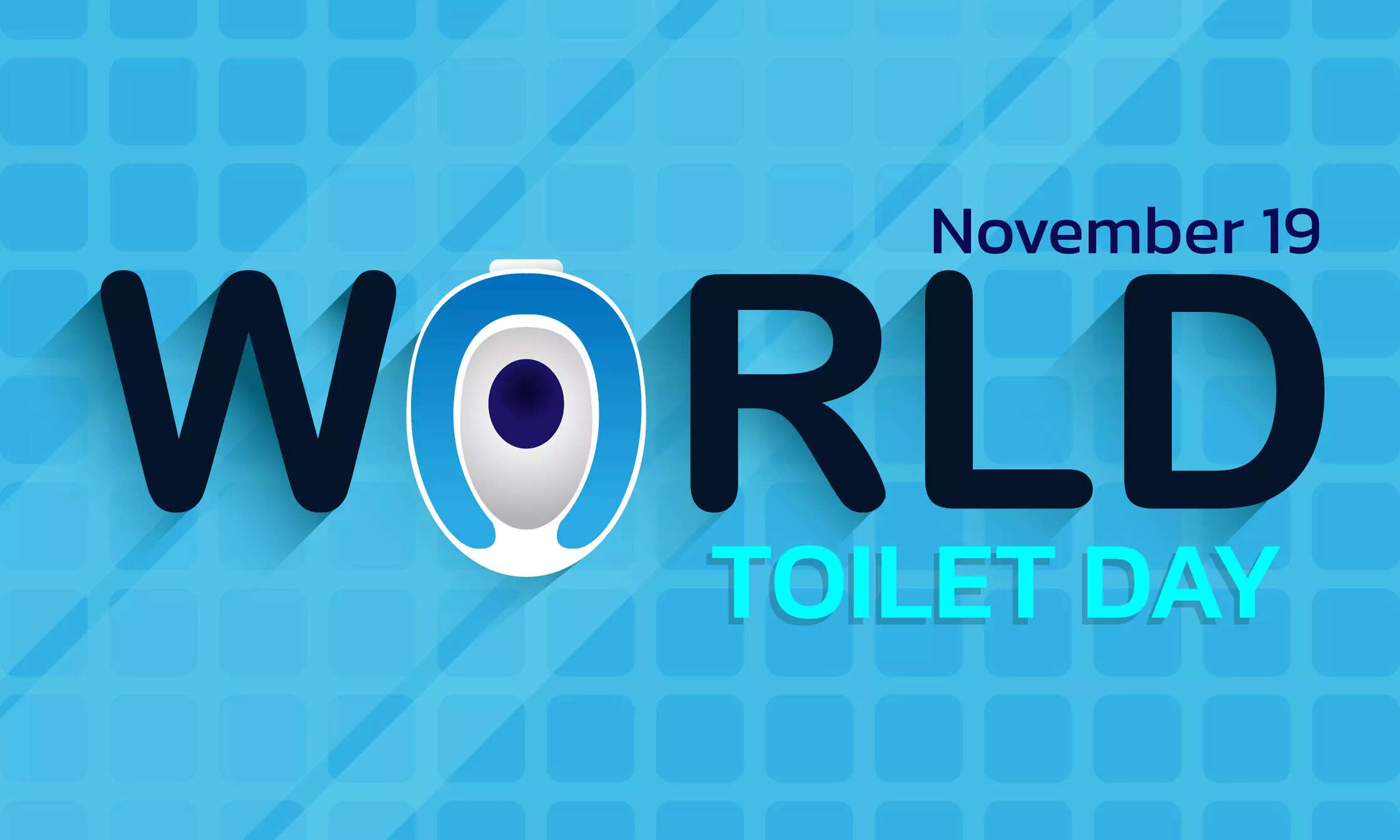World Toilet Day 2023: Shedding Light On The Global Health Crisis Of Diarrhoeal Disease
In a world where sanitation is recognised as a fundamental human right, the stark reality is that 3.5 billion people still lack access to safe toilets, with 419 million resorting to open defecation. The ambitious target of Sustainable Development Goal 6.2 (SDG 6.2) to ensure universal access to adequate sanitation and hygiene by 2030 is at risk. With just seven years remaining, progress must accelerate fivefold to meet this critical commitment.
The repercussions of the global sanitation crisis extend far beyond inconvenience, impacting both human and environmental health. Infectious diseases, exemplified by recent cholera outbreaks, thrive in environments tainted by exposed human waste, contaminated water, and poor hygiene practices. The consequences are exacerbated by conflict and climate change, disproportionately affecting vulnerable populations, particularly young children.
Examining the latest data reveals a dire situation. Diarrhoeal disease, a preventable affliction, ranks among the top ten causes of death globally and shockingly claims a spot in the top five for children under five. In 2019 alone, approximately 1.5 million lives were lost to this pervasive ailment, with a staggering 25% (381,000) representing young children. The same year witnessed an astonishing 2 billion cases of diarrhoeal disease in children under 15, underscoring its profound impact on youth. Beyond the immediate threat to life, diarrhoea stands as a primary contributor to malnutrition in children under five, further compromising their growth and overall well-being.
Solving the crisis is within reach, as evidenced by successful sanitation efforts worldwide. Access to safely managed sanitation serves as a catalyst for sustainable development, environmental integrity, and mitigating the impacts of climate change. However, achieving SDG 6.2 by 2030 requires concerted efforts from governments, institutions, and individuals.
The countdown to 2030 has begun, and World Toilet Day 2023 , observed on November 19, serves as a call to action. It urges everyone, regardless of scale, to contribute to tackling the sanitation crisis. For governments and institutions, reports such as the State of the World’s Sanitation and the SDG 6 Synthesis Report on Water and Sanitation 2023 provide a blueprint to accelerate progress. The Water Action Agenda, announced at the UN 2023 Water Conference, aggregates over 800 commitments on sanitation and water from various entities, supported by over 7,000 public pledges through the Be the Change campaign.
Symbolised by the hummingbird , known for carrying droplets of water to extinguish a great fire, World Toilet Day 2023 emphasises that every individual can make a difference. Here are a few ways you can contribute:

The repercussions of the global sanitation crisis extend far beyond inconvenience, impacting both human and environmental health. Infectious diseases, exemplified by recent cholera outbreaks, thrive in environments tainted by exposed human waste, contaminated water, and poor hygiene practices. The consequences are exacerbated by conflict and climate change, disproportionately affecting vulnerable populations, particularly young children.
Examining the latest data reveals a dire situation. Diarrhoeal disease, a preventable affliction, ranks among the top ten causes of death globally and shockingly claims a spot in the top five for children under five. In 2019 alone, approximately 1.5 million lives were lost to this pervasive ailment, with a staggering 25% (381,000) representing young children. The same year witnessed an astonishing 2 billion cases of diarrhoeal disease in children under 15, underscoring its profound impact on youth. Beyond the immediate threat to life, diarrhoea stands as a primary contributor to malnutrition in children under five, further compromising their growth and overall well-being.
Solving the crisis is within reach, as evidenced by successful sanitation efforts worldwide. Access to safely managed sanitation serves as a catalyst for sustainable development, environmental integrity, and mitigating the impacts of climate change. However, achieving SDG 6.2 by 2030 requires concerted efforts from governments, institutions, and individuals.
The countdown to 2030 has begun, and World Toilet Day 2023 , observed on November 19, serves as a call to action. It urges everyone, regardless of scale, to contribute to tackling the sanitation crisis. For governments and institutions, reports such as the State of the World’s Sanitation and the SDG 6 Synthesis Report on Water and Sanitation 2023 provide a blueprint to accelerate progress. The Water Action Agenda, announced at the UN 2023 Water Conference, aggregates over 800 commitments on sanitation and water from various entities, supported by over 7,000 public pledges through the Be the Change campaign.
Symbolised by the hummingbird , known for carrying droplets of water to extinguish a great fire, World Toilet Day 2023 emphasises that every individual can make a difference. Here are a few ways you can contribute:
- Break taboos:
Engage in conversations about the crucial interplay of toilets, water supply, and hygiene services in upholding human dignity and societal resilience. - Flush safe: Address leaking water and waste pipes, empty septic tanks, and report incidents of sludge dumping.
- Stop polluting: Avoid disposing of food waste, oils, medicines, and chemicals down toilets or drains.
- Build pressure: Support campaigns such as DefeatDD’s Don’t Stall to advocate for increased investment. Write to elected representatives urging budget allocations for improving water and sanitation domestically and abroad.
Next Story